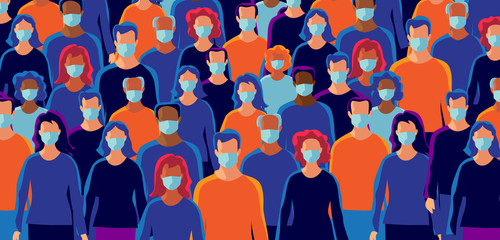Life in COVID: Children’s, Teens’, and Older Adults’ Daily Experiences, Mobilities, and Capacities
This research project explores the lived experiences of children and older adults in several sites in the U.S. and Canada, examining vulnerability, mobilities, and capacities.
We use multiple methods, such as daily journaling of school-aged children (ages 5-18) and of older adults (65 and older) during the pandemic, as well as interviews, online surveys, drawings and mapping, focus groups, podcasts, and workshops, with both age groups, parents, and key informants in the community.
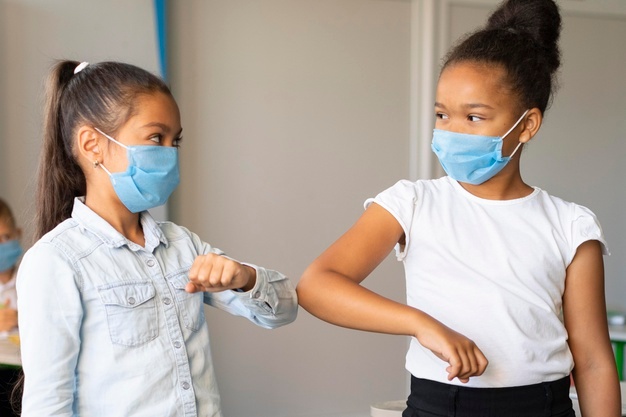
The results of this project will contribute to better disaster preparedness, responses, and policies and support systems that address the specific challenges and resilience of these potentially vulnerable and highly diverse groups. The project will also explore the potential for digital communication between generations.
This study, which brings together an international team from three social science backgrounds, will help us gain a broader understanding of how to keep potentially vulnerable populations safe and resilient as the pandemic continues and prepare us for future disasters.
Equity, Diversity, Inclusion, Accessibility, and Belonging
Equity, diversity, inclusion, accessibility and belonging are foundational to this research project. The core research team of this study was drawn together by their collective commitment to using research to address inequality and challenge unequal systems of power. Knowing that marginalized communities are both disproportionately impacted by disasters and underrepresented in disaster work and research, we recognize the vital importance of advancing EDIA in the team composition, the research environment, and the disaster research study itself. As a team, we welcome and value the unique contributions brought by those with diverse backgrounds and experiences and are making efforts to create a supportive research environment where all feel like they belong, regardless of education, opinions, culture, ethnicity, race, gender, gender identity and expression, sexual orientation, nation of origin, age, language, religion, ability status, and social background. Contact us to learn more about our EDIA strategy!
Acknowledgements
This research is supported by the Social Sciences and Humanities Research Council of Canada’s New Frontiers in Research Fund / Fonds Nouvelles frontiers en recherche – Rapid Response 2021 (Award: NFRFR-2021-00346)
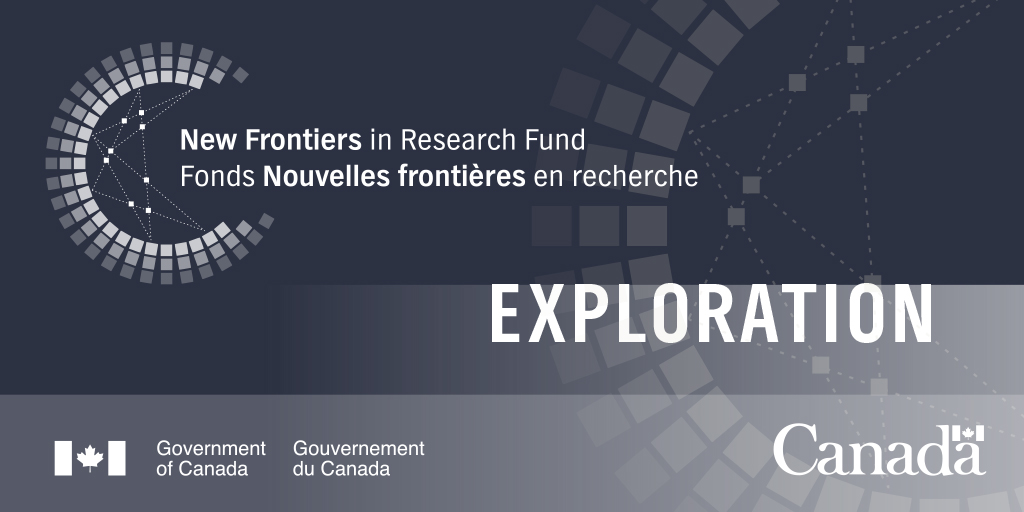
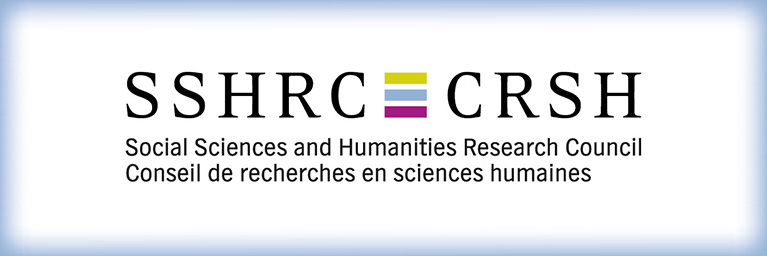
This work is also supported by the Quick Response Research Award Program. The Quick Response Research Award Program is based on work supported by the National Science Foundation (NSF Award #1635593).

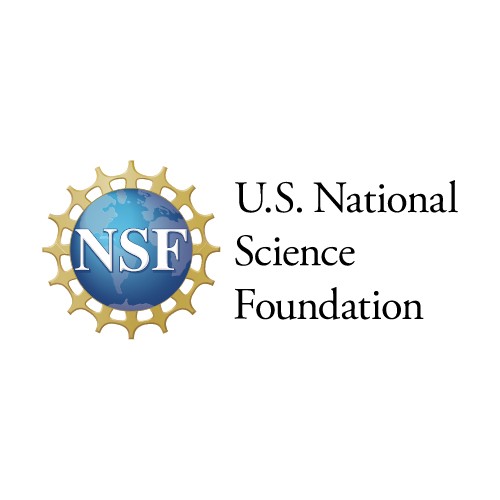
Unite & Inspire

We are grateful for our collaboration with Unite & Inspire, a nonprofit organization (501-C-3) founded in 2018 and run purely by volunteers of diversified backgrounds with a focus on empowering children & youth to give back to communities by sharing resources and raising awareness on mental, medical, and public health issues, and the needs of the communities that they serve. A special thanks to the Unite & Inspire leadership team: Rajani Priya Ayilavarapu, Dr. Deborah Banerjee, Dhruti Gopaluni, Sonali Sapru, Shilpa Nistane, & Amit Khanna, and to the many Unite & Inspire students who collaborated with us and helped us with our study, especially with the focus groups and the pilot podcasts. More information on Unite and Inspire can be found here: https://uniteandinspire.org/rise-and-thrive-2/
